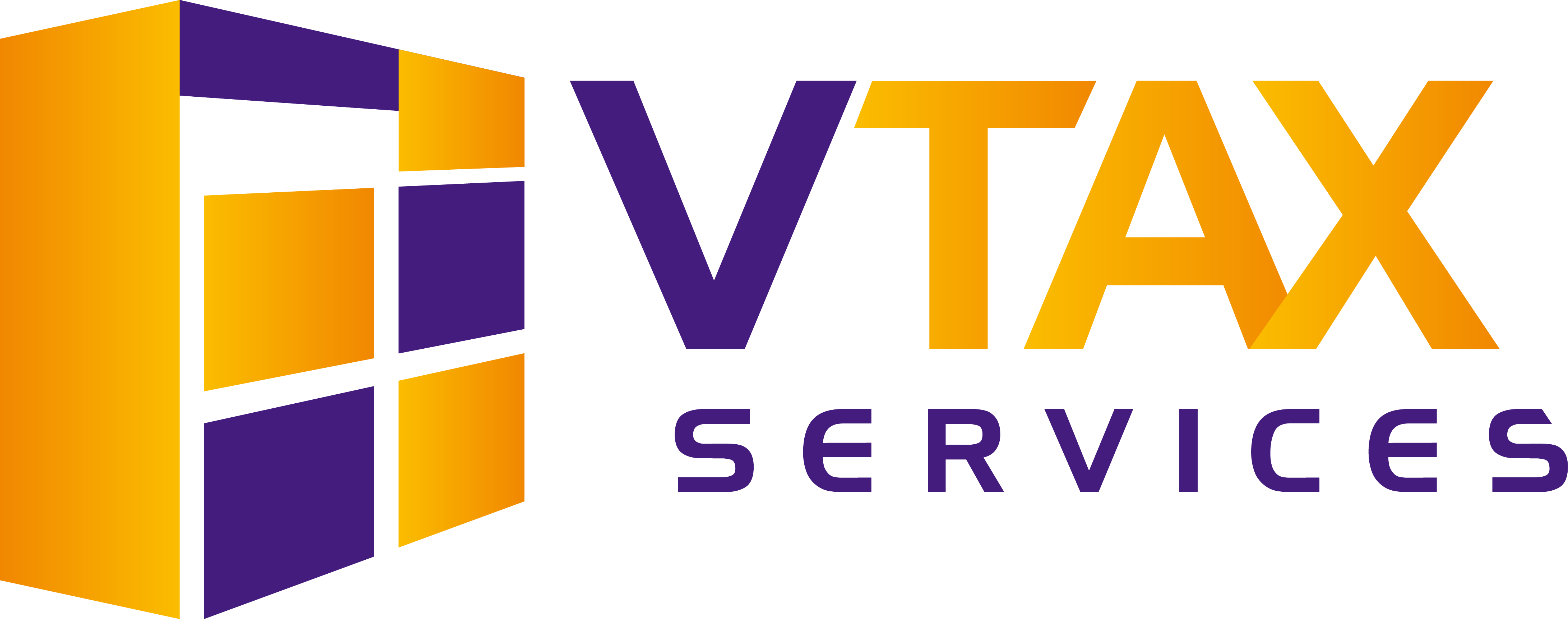Self-employment can be a lucrative and fulfilling career choice for many individuals. However, being self-employed also means you are responsible for managing your own finances and handling your own taxes. One of the most important aspects of being self-employed is understanding self-employment taxes and how they work according to IRS regulations.
Self-employment taxes are essentially the equivalent of the Social Security and Medicare taxes that are automatically deducted from the paychecks of employees who work for a company. When you are self-employed, you are essentially both the employer and the employee, so you are responsible for paying both the employer and employee portions of these taxes. This can be a significant burden for many self-employed individuals, so it is important to understand how self-employment taxes work and how to handle them according to IRS regulations.
The IRS requires self-employed individuals to pay self-employment taxes if their net earnings from self-employment are $400 or more in a year. These taxes are calculated based on your net earnings, which is your gross income minus allowable deductions. The self-employment tax rate is currently set at 15.3%, which includes 12.4% for Social Security and 2.9% for Medicare. However, you only pay the self-employment tax on the first $137,700 of your net income for Social Security, as of 2020.
It is important to note that self-employment taxes are in addition to any income taxes you may owe on your self-employment income. Self-employed individuals are also responsible for paying estimated taxes throughout the year to avoid underpayment penalties. This can be a bit more complicated than simply having taxes withheld from a paycheck, so it is important to keep accurate records of your income and expenses and to stay organized when it comes to filing your taxes.
There are some deductions and credits available to self-employed individuals that can help reduce their tax burden. For example, you may be able to deduct expenses related to your business, such as office supplies, equipment, or mileage. Additionally, you may be eligible for the Qualified Business Income deduction, which allows self-employed individuals to deduct up to 20% of their qualified business income from their taxable income.
In conclusion, understanding self-employment taxes is crucial for anyone who is self-employed. By following IRS regulations and staying organized with your finances, you can ensure that you are complying with the tax laws and minimizing your tax liability. If you are unsure about how to handle your self-employment taxes, it may be helpful to consult with a tax professional who can provide guidance and advice tailored to your specific situation.
——————-
Article posted by:
V Tax Professionals Ltd.
https://www.vtaxservices.com/
9703068221
26 W Dry Creek Cir, Suite 616, Littleton, Colorado, 80120
V Tax Services offers IRS Relief/Resolution, Tax Advisory and Tax Preparation Services. Do you have Tax Troubles? We have solutions, such as affordable, comprehensive tax resolution, that meet your needs.
